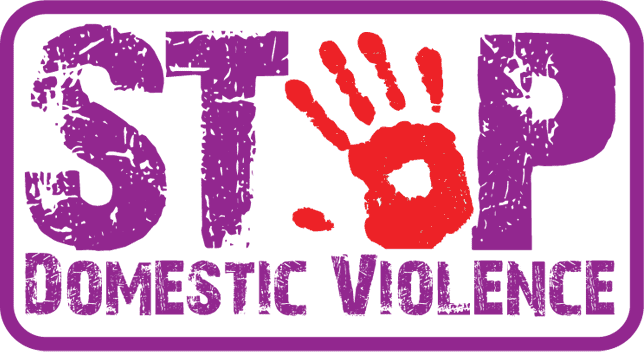 A domestic violence incident can result in a civil process (restraining order) or a criminal process (for the crime a committed). For a discussion of the criminal process, see this article. Here, we are discussing a NJ restraining order which is protects people in cases of domestic violence. If the abuser violates order he may go to jail for that violation. In a civil case, the victim is the one filing the claim and can withdraw the request if you he or she wants to.
A domestic violence incident can result in a civil process (restraining order) or a criminal process (for the crime a committed). For a discussion of the criminal process, see this article. Here, we are discussing a NJ restraining order which is protects people in cases of domestic violence. If the abuser violates order he may go to jail for that violation. In a civil case, the victim is the one filing the claim and can withdraw the request if you he or she wants to.
What is an NJ Restraining Order?
Many have heard of restraining orders, but few actually know how to get one, or even what it truly is. While it is true that a restraining order is a civil court order requiring one person to stay a certain distance away from another person under fear of legal consequences, a restraining order is more than that. When a victim of domestic abuse receives a restraining order against their abuser, they are able to feel safe, maybe for the first time in a while. So while it is true that it is a legal document, it is also a chance for someone to rebuild their life, away from the abuser. But it is only as good as it is used. If your abuser violates the order in any way, you must call the police in order to enforce it.
How do I get a NJ Restraining Order?
There are many predicate acts for a restraining order, everything from assault to stalking and harassment, there are 14 in total. The thing many people do not know is how to go about requesting one, and the process of obtaining one. The first step in determining how to get a restraining order is to look at when you are trying to get one. If it is on a weekday during normal court hours (8:30-3:30), you have two options:
- Go to the Family Court section of the Superior Court in your county and tell them you want to file for a restraining order; or
- Go to the police department and ask them to guide you through the process.
If you are trying to get a restraining order outside of normal court hours, however, call the police and a municipal court judge will be contacted to issue a temporary restraining order (TRO).
What is a Final Restraining Order in New Jersey?
Irrespective of how your TRO is issued approximately 10 days later you will need to appear before a superior court judge in order to get a permanent restraining order known as a Final Restraining Order (FRO).
The hearing for an FRO is a mini-trial. I say mini only because it usually only takes between an hour to a half a day. Complicated ones can take days. The court will hear both sides to determine if the FRO is appropriate. The court is looking for substantial evidence that domestic violence occurred and that the offender is a threat to your health. The standard of proof is a preponderance of the evidence (basically 51% likelihood that what you are saying happened). If the Judge agrees with you the FRO will be issued and served to the offender by the police or an officer of the court.
Your proof can’t just be your word against the accused. It is imperative that you document any signs of domestic violence. An example would be photographing bruises left through incidents of abuse, or asking anyone who has witnessed these events to testify on your behalf. If you were taken to the hospital or a doctor, get the medical records. If the officer witnesses the abuse, subpoena the officer to testify in court.
As with other topics related to domestic abuse, this applies to you and your children. Restraining orders can be crafted to protect you, your children, or you support network if there is a threat to their safety.
Keep in mind that if the abuser is a close family relative and you are an immigrant you may qualify for a green card under the Violence Against Women’s Act. Otherwise, you may qualify for legal status under the U-Visa.
If you face a Domestic Violence issue we have some valuable resources for you:
- An Immigrant’s Guide to Municipal Court Here I discuss the municipal court process and how a municipal court matter can result in your being deported. I also discuss what happens if you get arrested by Immigration Customs Enforcement, what you need to know to get out of custody, and what to expect if you are placed in removal hearings.
- Do You Need an Immigration Attorney? You Might Not I will explain when you need an immigration attorney. Not everyone needs one. I will also explain the benefits of hiring one in any immigration challenge.
- 7 Critical Questions to Ask Before Hiring an Immigration Attorney If you have decided that you need an immigration attorney, how do you make sure you hire a good one? I explain to you the questions you need to ask before you hire your immigration attorney.
If you have questions, we have answers.
You can:
- Call our knowledgeable staff at 888-695-6169;
- Fill out the contact us form on this page; or
- Select our live chat feature to speak to someone right away.



